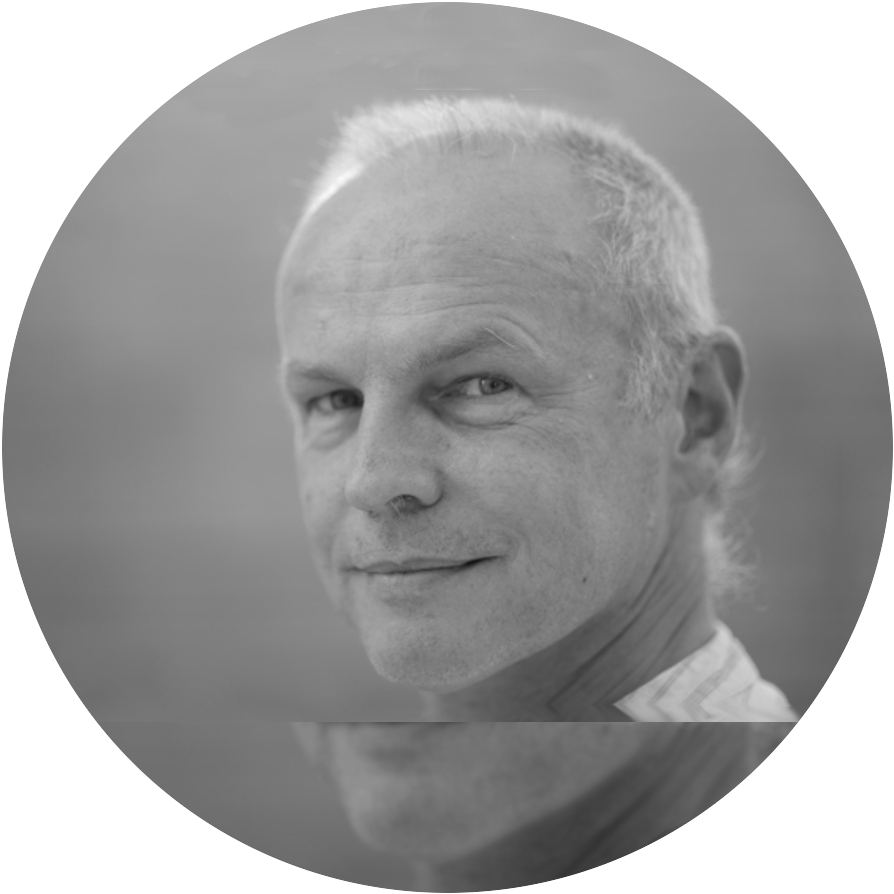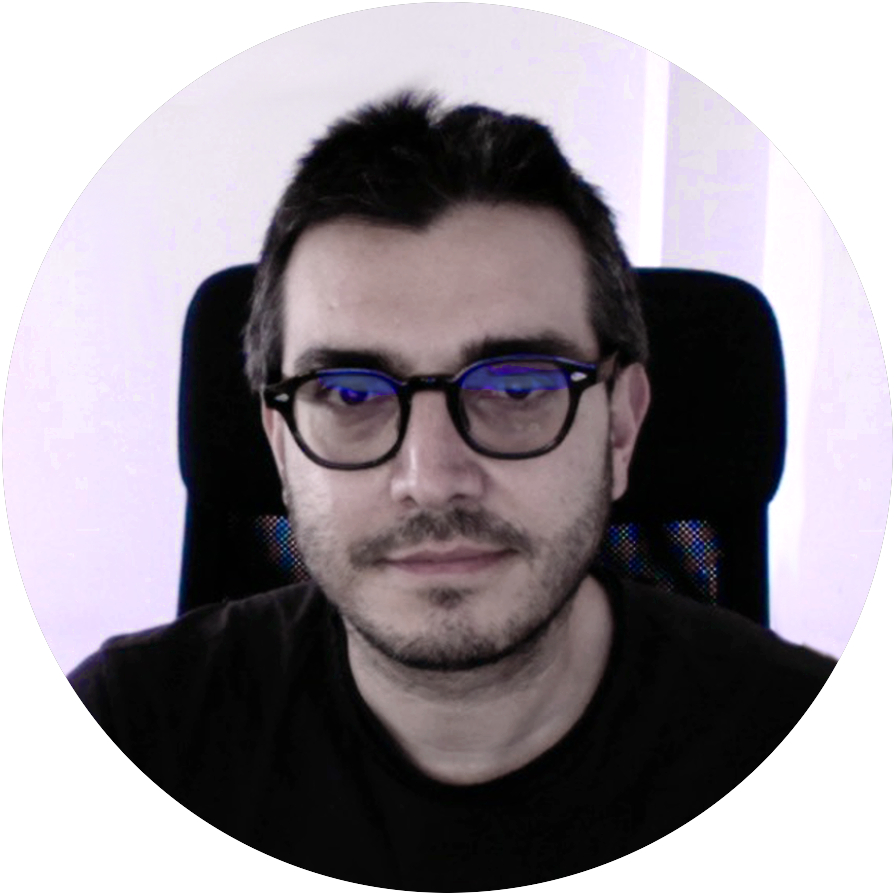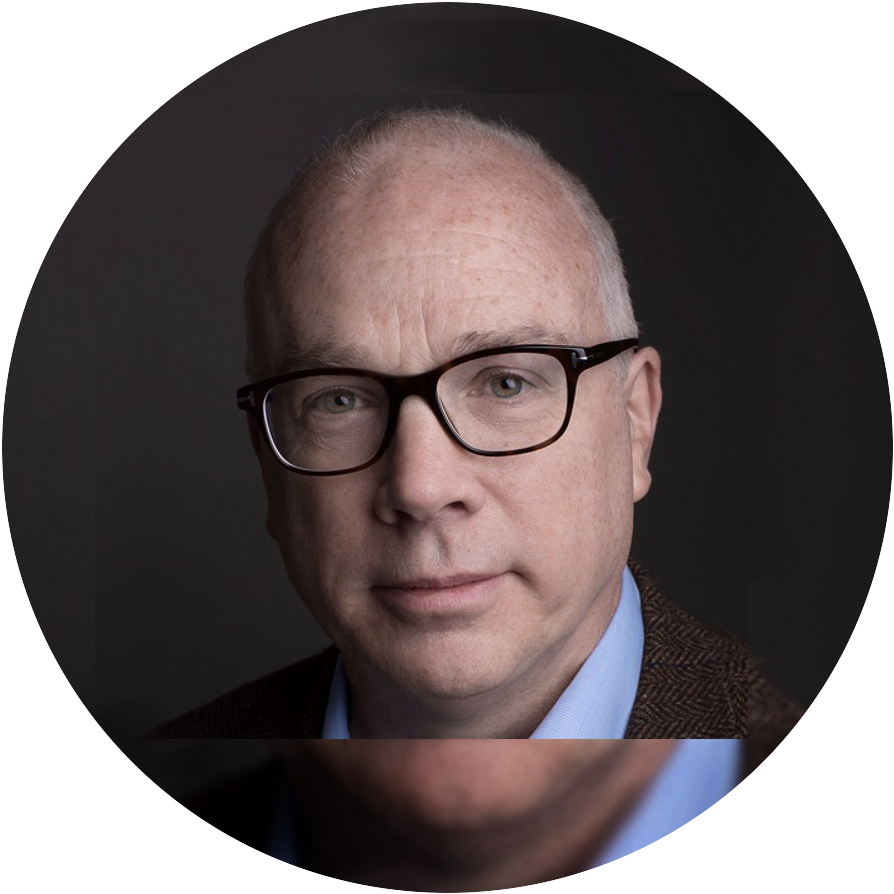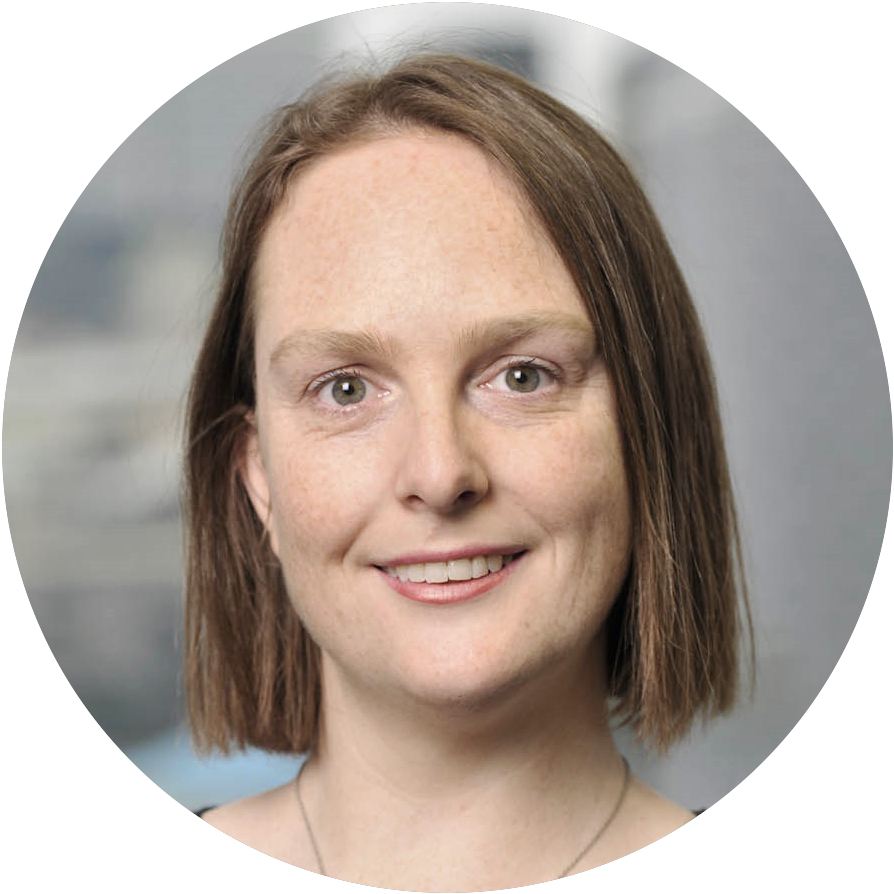🔖 PRESENTATION
Paper (parallel)
📆 DATE
Thursday 10 Sep 2020
⏰ MELBOURNE TIME
5.00 – 7.00 pm
⏰ LOCAL START TIME
time start

Mr Mark Argent
Organisational Consultant, Mark Argent Consulting, UK
Mark Argent is an organisational consultant and psychotherapist based in the UK. Early in his career he was very involved in the computerisation of music typography, and has continued to have active involvements in the high tech sector, and in the application of technology to front line politics.
⏰ DURATION
120 minutes
The unconscious side of technology: where does it land in organisations?
On the face of it, technology is about logic, bits and bytes. It’s without an unconscious. But technology is created by humans and is part of human culture. It seems to have no unconscious only because people disclude what’s shaping the culture from which it springs, and people’s responses to it.
Programmers for whom technology is about logic and elegance exacerbate this by “not seeing” the context of what they do, even when, as in the case of Cambridge Analytica, this has profound implications for society and politics.
Increasingly we look to software to model organisations — so the key “organisation in the mind” becomes the one in the mind of the programmer — with potentially-large gaps between that and others’ experiences.
Overly-concrete thinking and a poor sense of reality are characteristic of psychosis, but are also what’s thrown up by the algorithms of Facebook and Twitter. “Zoom fatigue” points to basic processes of belonging and identification being different online, yet many of us carry smartphones most of the time as though engagement with this world is universally good.
There’s a tension between a fantasy of omnipotence (“what my computer can’t do doesn’t matter”) and impotence in the face of technology (“computer says ‘no’”).
Parts of the answer lie in socially-responsible programming and in mature engagement with technology. But there’s real potential for social unrest as people are left behind by technology. Recent polls suggest that 30% of Americans think there is already a vaccine for Covid19, which is being withheld by “the authorities” and 40% that it would be used to microchip people — illustrating the potential for technology to mobilise paranoia. The task of leadership in organisations and society is to find a mature dependency which can hold these different technological challenges.
References:
David Armstrong, 2005, Organisation in the mind: psychoanalysis, group relation and organisational consultancy, London: Karnac
Brittany Chang, 2020, “More than 40% of Republicans in a new poll say they think Bill Gates wants to use COVID-19 vaccines to implant location-tracking microchips in recipients”,
BusinessInsider.com (https://www.businessinsider.com/republicans-bill-gates-covid-19-vaccine-tracking-microchip-study-2020-5?r=US&IR=T)
Dominic Cummings, 2017, “How the Brexit referendum was won”, The Spectator, January 2017
Gareth Curtis, 2016, Hypernormalisation (film)
Earl Hopper, 2003, Traumatic experiences in the unconscious life of groups, the fourth basic assumption: incohesion: aggregation / massification or (ba) I:A/M, London: International
Library of Group Analysis
Richard Morgan Jones, 2010, The body of the organisation and its health, London: Karnac
Laurence Scott, 2015, The four-dimensional human: ways of being in the digital world, London: Windmill Books
Mark Terry, 2020, “Surveys: 1/3 of Americans Believe a Vaccine or Treatment for COVID-19 Already Exists and is Being Withheld and Other Topics” Biospace.com,
(https://www.biospace.com/article/1-3-of-americans-believe-a-vaccine-or-treatment-for-covid-19-already-exists-and-is-being-withheld-and-other-topics/)
J.D.Vance, 2016, Hillbilly elegy: a memoir of a family and culture in crisis, London: William Collins
Chris Wylie, 2019, Mindf*ck: inside Cambridge Analytica’s plot to break the world, London: Profile Books
Day(s)
:
Hour(s)
:
Minute(s)
:
Second(s)
Session schedule
10 MINS
Introduction by Mr Cameron Brooks
30 MINS
Paper presentation
15 MINS
Small group discussion; impressions of the paper and developing questions for the presenter
15 MINS
Discussion forum with the presenter; moderated for the speaker to elaborate their ideas
15 MINS
Small group activity or discussion ‘What does this paper tell us about working into the future?’
15 MINS
Discussion forum with the presenter; themes from the discussions
20 MINS
Break
Share this presentation!
Parallel Paper Presentations
The following are presenting at this time

DR DOMENICO AGRESTA
“Mapping the Unconscious". Culture or Tragedy? A psychosocial program of Social Dreaming Matrix with refugees and immigrants.

MR MARK ARGENT
The unconscious side of technology: where does it land in organisations?

DR KATE DEMPSEY
Does the university offer a safe haven for its students and its staff?

JOAN LURIE
The ‘fairy dust’ effect of role reframing in transforming systems

MR NOEL MCQUAID
An Exploration of the Uncanny and Mystical Influences on Leadership, in the Context of Rising Technological Complexity and Declining Organisational Certainty.

